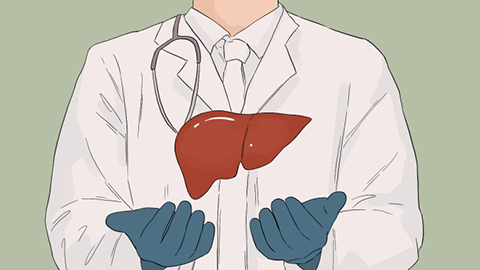What does chronic liver disease mean?
In general, chronic liver disease refers to liver damage caused by chronic and persistent injury to the liver, with the disease course usually lasting more than six months. A detailed analysis is as follows:

Chronic liver disease refers to long-term, persistent damage to the liver from various causes, leading to abnormal liver function and structural changes. This damage may be caused by factors such as viral hepatitis, autoimmune diseases, drug-induced liver injury, alcohol-related liver damage, or genetic metabolic diseases. The disease course typically lasts more than six months and may even extend longer.
Mild or moderate chronic liver disease may not present obvious symptoms. As the condition worsens, symptoms such as upper abdominal pain, hepatosplenomegaly, decreased appetite, nausea, vomiting, jaundice, fatigue and weakness, muscle or joint pain, sleep disturbances, emotional problems, bleeding tendencies, and endocrine disorders may appear.
In daily life, patients with chronic liver disease should pay special attention to maintaining good lifestyle and dietary habits. They should avoid excessive fatigue, ensure adequate sleep, and engage in appropriate physical exercise to enhance immune function.




